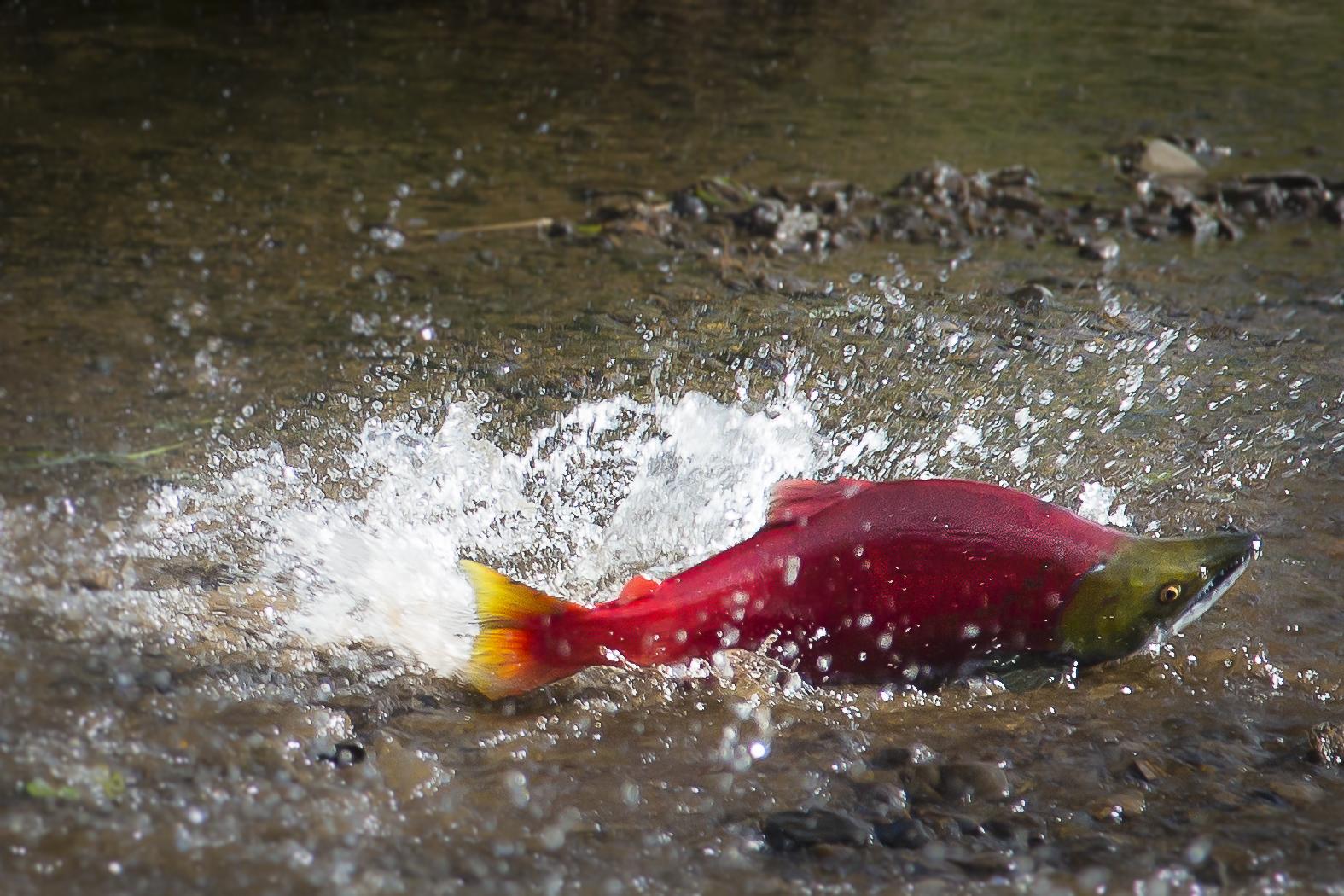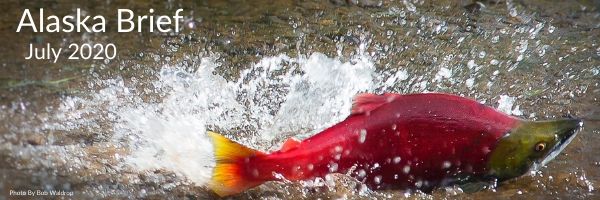
Alaska News Brief July 2020: Look for the light

I’m packing right now for a trip to McNeil River next week. I need a break from computer screens and nonstop news.
Hanging out with bears seems like a good refuge right now. I’m grateful I can do it, and aware that not everyone can.
We all have to look for the light where we can, though, and lately I’ve found it in the streets and in courtrooms.
Finding the light in the streets
The Black Lives Matters protests after George Floyd’s murder put the spotlight on enduring injustices and brutalities, and those protests united millions of people globally. People with decision-making power heard the roar of that call for justice–and people are waking up to learning what they didn’t teach us in school.
Now, the Washington football team finally intends to drop its racist name and adopt a new one. (1) The city council of Asheville, North Carolina, took steps toward reparations for Black residents.(2) The push to put more money into community support systems rather than militarized police forces has changed budgets in small towns and big cities.These conversations and transformations result from the persistent, relentless, and often dangerous work of mostly Indigenous people, Black people, and people of color fighting for civil and human rights. The outpouring of support on the streets in June lit up centuries of advocacy, and still shines over the paths ahead of us.
Finding the light in court
I saw the light in court decisions this month too.
In early July, a federal judge ruled that the Dakota Access pipeline must be shut down because the U.S. Army Corps of Engineers failed to adequately analyze its environmental and socio-economic impacts.(3) The pipeline threatens sacred lands and the drinking water of the Standing Rock Sioux Tribe.
The shut-down’s on hold while the pipeline’s operator files briefs to get a stay pending its appeal, but it’s clear that the court held the Army Corps–also the agency poorly handling the proposed Pebble mine review process–accountable to the law.
Of course, those who count themselves above the law will try to change it when they can’t get away with breaking it. Just a week after the Dakota Access pipeline court decision, Trump announced a gutting of the National Environmental Policy Act that would reduce the number and kind of projects that are subject to NEPA and would remove requirements to evaluate cumulative environmental effects, like those caused by climate change.4
It’s hard to stomach these violations of justice, for the harm is real and consequences enduring. But the fight for a more just society endures, too.
As a lawyer, it heartens me to see this fight play out in court. This month, a Supreme Court ruling upheld the 1866 treaty between the Creek Nation and the United States, and the sovereignty of tribal land in Oklahoma.
Of the decision, Muscogee (Creek) Nation member and U.S. poet laureate Joy Harjo wrote:
“All day, I kept thinking how this decision was girded by centuries of history; how the news would be received by the parents, grandparents and great-grandparents who have left this world.
“The elders, the Old Ones, always believed that in the end, there would be justice for those who cared for and who had not forgotten the original teachings, rooted in a relationship with the land. I could still hear their voices as we sat out on the porch later that evening when it cooled down. Justice is sometimes seven generations away, or even more. And it is inevitable.”(5)
When I sit with the bears, salmon, birds, insects and abundant life next week, I will sit with Harjo’s words under the light that only the land can bring.
I will let my thoughts drift with the patterns and motions of nature, and in doing so replenish myself, and remember that everything we do in the streets, the halls, the board rooms, the courtrooms–everything we do to take care of each other and of the land–matters now and will matter for generations to come.


Vicki Clark, executive director
PS. Thanks to supporters like you, we can continue fighting to protect Alaska’s land, water, air, wildlife and people!
Footnotes:
- Washington’s NFL team to retire Redskins name, following sponsor pressure and calls for change
- Major oil and gas pipeline projects, backed by Trump, flounder as opponents prevail in court
- Asheville, N.C., Approves Steps Toward Reparations For Black Residents
- Trump Weakens Major Conservation Law to Speed Construction Permits
- After a Trail of Tears, Justice for ‘Indian Country’

Pebble in a time of COVID

Trump’s plan to wreck the Arctic



